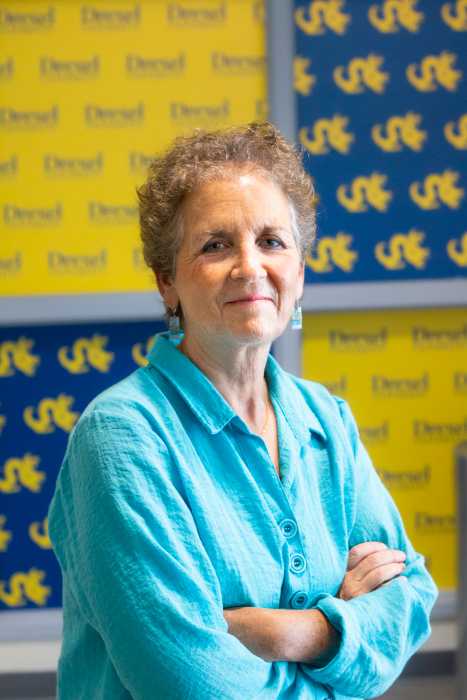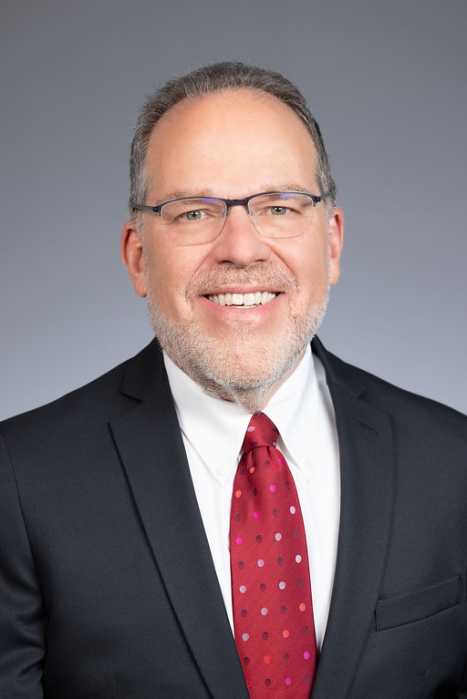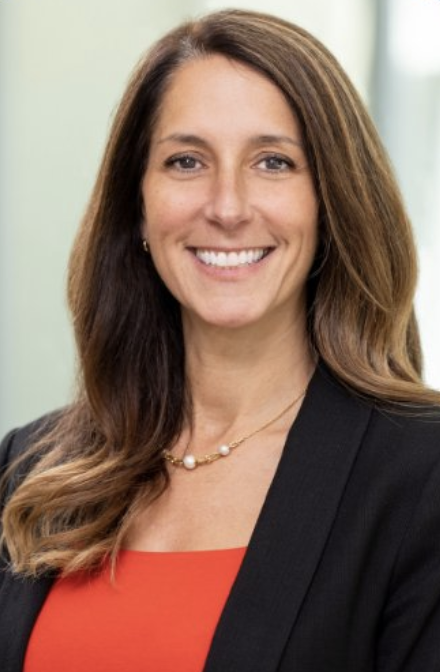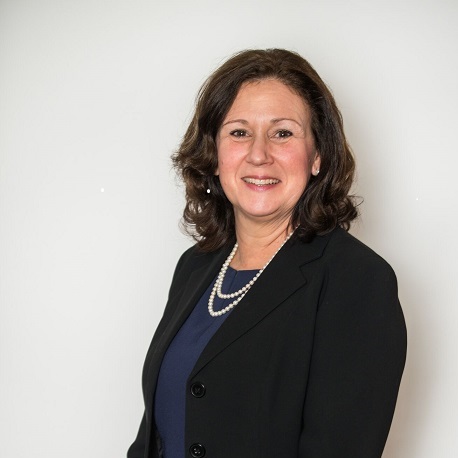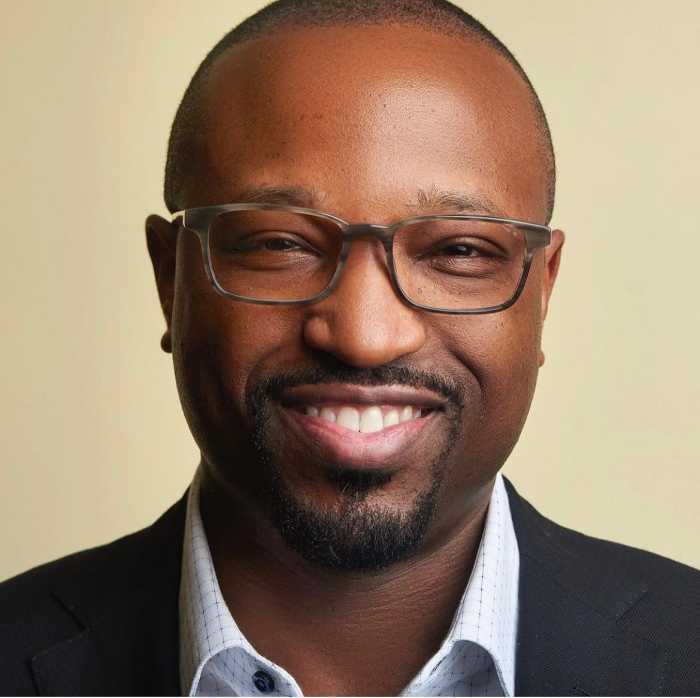Dr. Rita George graduated with honors from Villanova University, where she obtained a bachelor’s degree in Biology. After completing her undergraduate degree, she received her DO from Lincoln Memorial University-DeBusk College of Osteopathic Medicine in Tennessee. Dr. George completed her family medicine residency at Lonesome Pine Hospital in Virginia. While in residency, she was working at former Wellmont Physician Services, now known as Ballad Health, as a resident physician.
What can Pennsylvania policymakers do to ensure equitable access to quality healthcare?
Investing in preventive health measures, prioritizing affordable healthcare including prescription drug coverage, and providing patients with access to transportation to be able to see providers.
When and why did you decide to pursue a career in healthcare?
Many of my family members, including my parents, are in the healthcare field, so I witnessed first-hand the challenging but also rewarding aspects of a medical career.
How do you see the healthcare industry evolving in the next five years?
I think we will continue to see a shift towards integrating technology in healthcare, such as with patient portals and telehealth visits.




